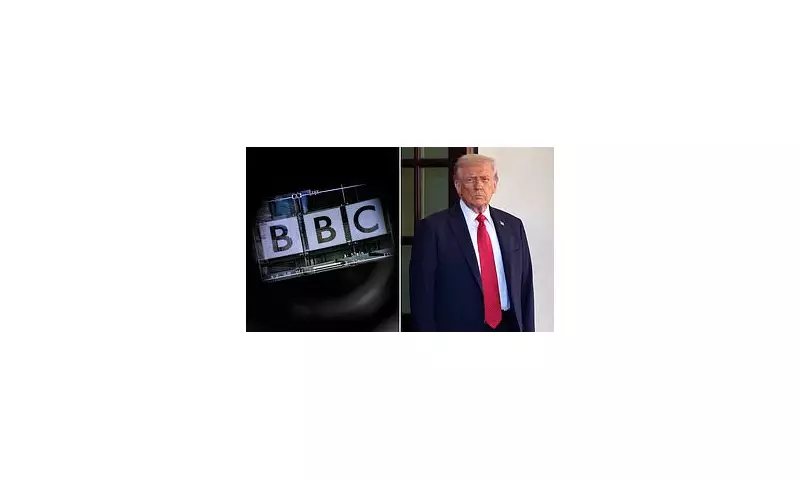
The BBC has been rocked by a damning internal report that exposes shocking breaches of its impartiality guidelines, including the deliberate editing of footage featuring former US President Donald Trump.
Serious Editorial Failures Uncovered
An extensive investigation into the broadcaster's adherence to impartiality standards has revealed multiple serious violations that threaten to undermine public trust in the institution. The report, commissioned by the BBC itself, identifies several alarming incidents where journalistic standards were compromised.
Doctored Trump Footage
Among the most concerning findings was the revelation that BBC staff manipulated footage of Donald Trump. The edited content presented a misleading representation of the former president, raising serious questions about the broadcaster's commitment to factual reporting.
Social Media Misconduct
The investigation also uncovered that senior BBC employees engaged in inappropriate social media activity, including:
- Liking and sharing politically biased content
- Following accounts with clear political agendas
- Posting comments that compromised perceived impartiality
Broader Pattern of Bias
Beyond the Trump incident, the report identified a worrying pattern of partiality across the organisation. Several high-profile BBC presenters and journalists were found to have breached impartiality rules through their public statements and social media presence.
The findings come at a critical time for the broadcaster, which faces increasing scrutiny over its political neutrality and compliance with its royal charter obligations.
Regulatory Implications
These breaches potentially put the BBC in violation of Ofcom's broadcasting code, which mandates due impartiality on matters of political and industrial controversy. The revelations could have significant consequences for the broadcaster's reputation and regulatory standing.
The BBC has acknowledged the seriousness of the findings and has committed to implementing stricter enforcement of impartiality guidelines, including enhanced training and more rigorous monitoring of staff social media activity.
This scandal represents one of the most significant challenges to the BBC's credibility in recent years, coming amid ongoing debates about media bias and the role of public service broadcasting in an increasingly polarised political landscape.





